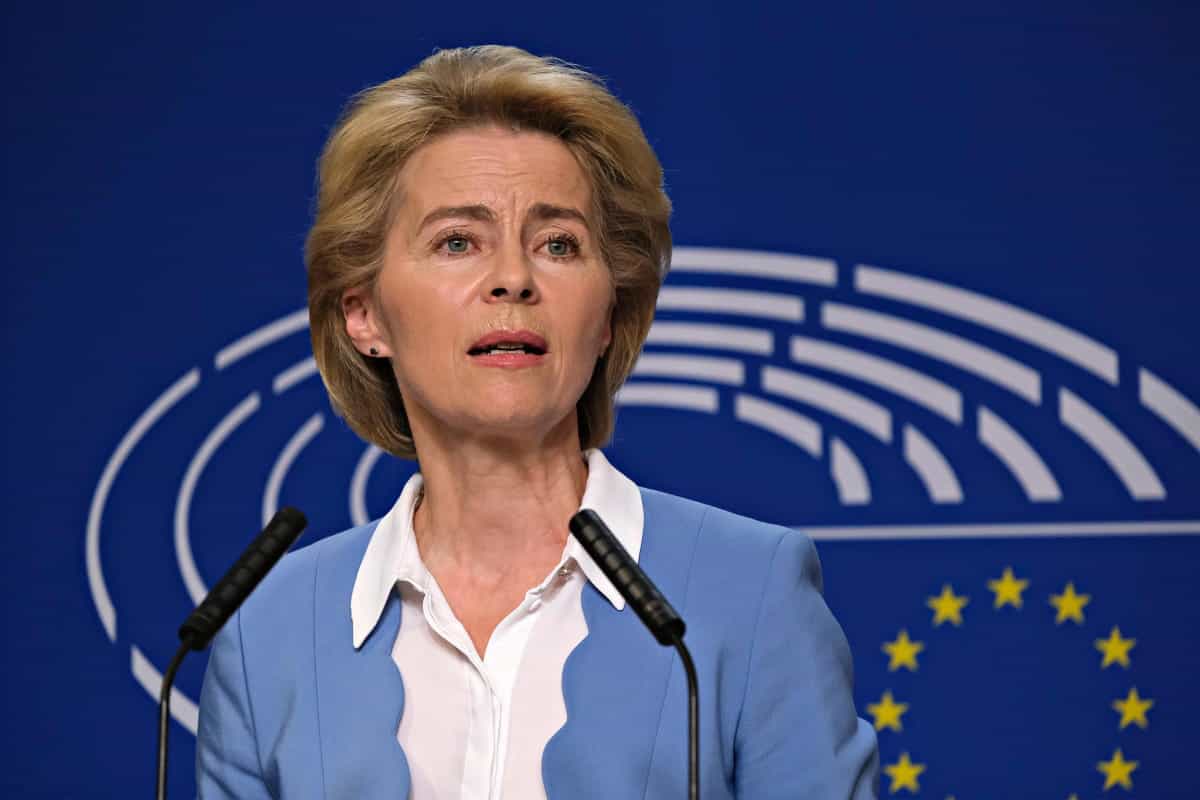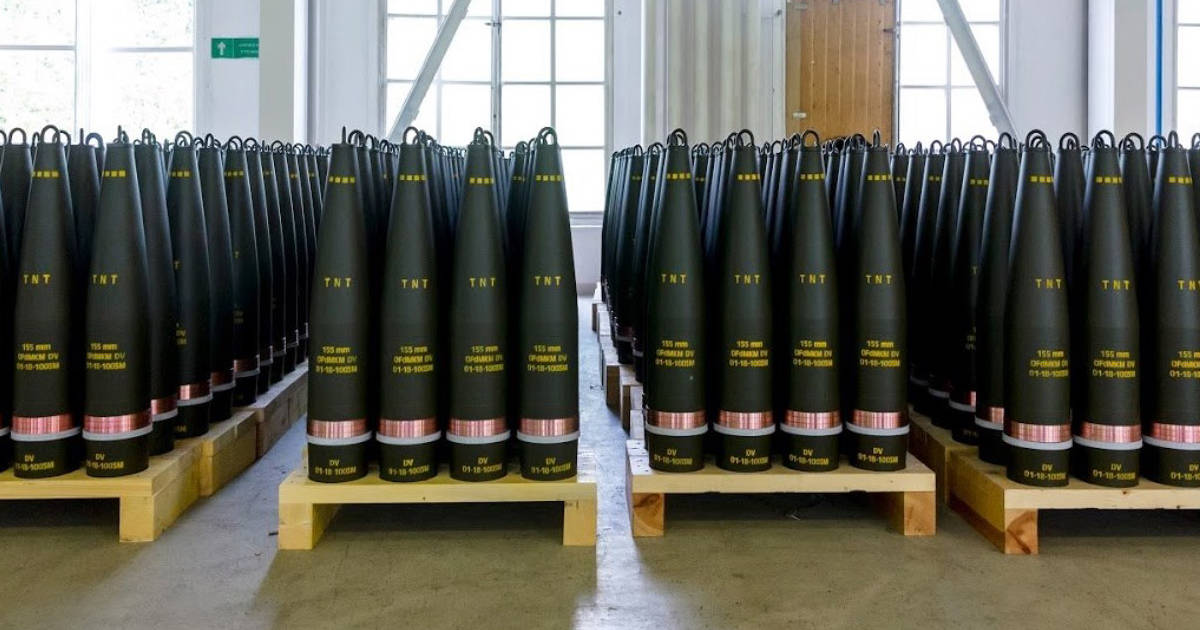The European Commission allocated €500 million to support the production of ammunition
3 May, 2023 Military of EU countries. Photo from open sources The European Commission decided to allocate EUR500 million to support the production of ammunition.
It covers financing production related to the urgent delivery of ammunition and missiles to Ukraine and helping EU member states replenish their stocks. Information about this was published on the EC website. Funding will go towards increasing the production capacity of the European Union's defense industry and solving the current shortage of ammunition and missiles, as well as their components.
 155mm ammunition
155mm ammunition
"In light of the return of high-intensity conflict in Europe, the timely availability in sufficient volumes of these products is critical for our security and for our continuous efforts to support Ukraine," the statement added.
The financing plan comprises:
- an instrument to financially support the reinforcement of the EU's industrial production capacities for the relevant defense products;
- a mechanism to map, monitor and better anticipate the existence of bottlenecks in these supply chains;
- the introduction of a temporary regulatory framework to address the ammunition supply shortage.
The EUR500 million budget comes from the redeployment of various instruments, including the European Defense Fund and the future EDIRPA. "Europe is stepping up its support on three tracks. First, Member States are delivering additional ammunition from their existing stocks, with new European Peace Facility support of 1 billion euros.
Second, together with Member States, we will procure jointly more ammunition for Ukraine - and we are making available an additional billion euro for that. And today, we are delivering on the third track. Ramping up and speeding up the defense industrial production of ammunition in Europe," von der Leyen, President of the European Commission, said.
 Ursula von der Leyen, President of the European Commission
Ursula von der Leyen, President of the European Commission
Financial support will be provided in the form of grants for various types of actions contributing to the efforts of the European defense industry to increase their production capacities.
Financial support will be provided for actions contributing to:
- optimizing, expanding, modernizing, upgrading, or repurposing existing production capacities;
- establishing new production capacities;
- establishing cross-border industrial partnerships, including through public-private partnerships, aiming, for instance, at securing access to or reserving stocks of strategic components or raw materials;
- building up and making available reserved surge manufacturing capacities;
- testing or reconditioning (to address obsolescence) processes with a view to making existing ammunition and missiles useable;
- reskilling and upskilling the related workforce.
In addition, it is proposed to create a special fund that will be aimed at supporting enterprises in ammunition supply chains. This will allow access to both public and private financing needed to increase manufacturing capacities.
 155mm ammunition. Photo credits: Petr Topic, MAFRA
155mm ammunition. Photo credits: Petr Topic, MAFRA
The regulatory measures foreseen under the Act will protect the Internal Market from any current or potential identified malfunctioning and hence strengthen the resilience of the EU's Defence Technological and Industrial Base (EDTIB), as well as guarantee the security of supply of ammunition.
In particular, the Commission proposes:
- temporary emergency measures such as the possibility to activate upon request of a procuring Member State and in agreement with the Member States concerned, priority rated orders towards relevant European companies;
- targeted measures to speed up administrative processes at the national level by encouraging prioritization of relevant permit granting and certification processes;
- tailored measures aiming at speeding up common procurement (Member States will have the possibility to open an existing framework agreement to other Member States that were not originally a party to it) and transfers (transfers will be exempted from prior authorization within the European Union).
The proposal of the European Commission needs a vote in the European Parliament.
It is expected that a decision will be made by the summer of 2023 in order to start ramping up production as soon as possible.
The support program is designed until the middle of 2025.